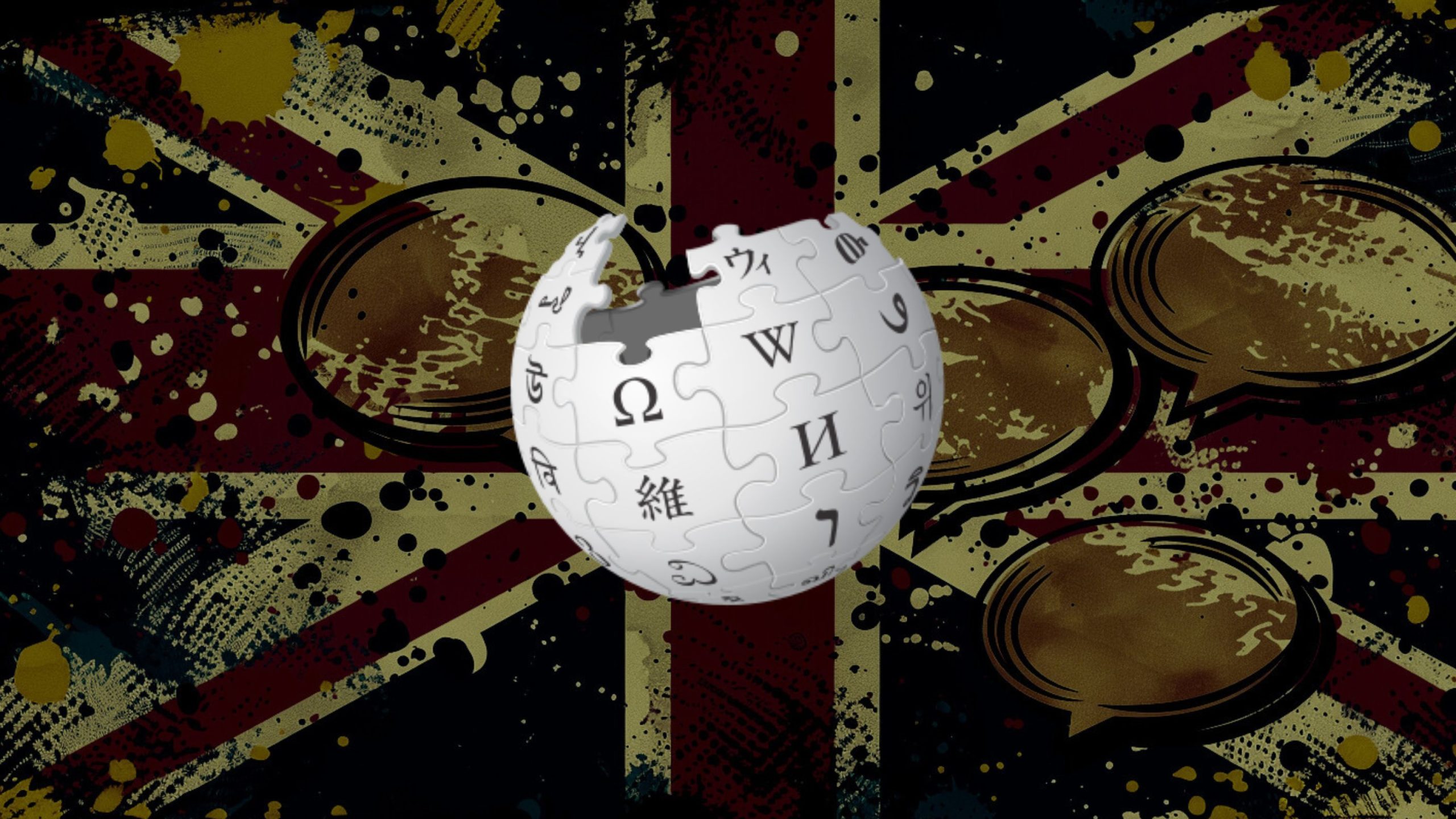The Wikimedia Foundation has launched a legal challenge against elements of the UK’s censorship law, the Online Safety Act, warning that certain rules could compromise Wikipedia’s open, volunteer-driven model and expose its contributors to serious risks.
The non-profit organization, which operates the globally-used online encyclopedia that has itself faced much criticism in recent years, has filed for a judicial review in the high court over regulations that determine which platforms fall under the Act’s most stringent obligations.
However, the Foundation isn’t opposing the overreaching censorship laws on a general free speech principle for all; it’s opposing the fact that Wikipedia could be classified as a “Category 1” service, subject to the act’s highest level of compliance. These duties were designed for large platforms with vast user bases and interactive features, such as content recommendations and sharing tools.
However, the Foundation contends that the criteria used to define such services are too vague and could wrongly encompass Wikipedia, a platform maintained by thousands of unpaid volunteers.
The potential consequences of this designation are significant, the Foundation warns. To comply with the act’s provisions, Wikipedia might be required to introduce digital identity verification for contributors, an action the organization argues would erode the privacy and safety of its editing community and dissuade participation, especially on sensitive topics.
“We are taking action now to protect Wikipedia’s volunteer users, as well as the global accessibility and integrity of free knowledge,” said Phil Bradley-Schmieg, lead counsel for the Foundation, in announcing the legal proceedings. He further added: “Privacy is central to how we keep users safe and empowered. Designed for social media, this is just one of several category 1 duties that could seriously harm Wikipedia.”
The legal filing does not seek to overturn the Online Safety Act itself, nor dispute the existence of category-based duties. Instead, it challenges the specific secondary legislation, put in place by Technology Secretary Peter Kyle, that outlines how Ofcom, the UK’s communications regulator, will classify platforms under the act.
According to the Foundation, enforcing identity checks would not only breach its longstanding commitment to minimal data collection but could place contributors, particularly those in repressive regimes, at risk of persecution. “Volunteer communities working in more than 300 languages could be exposed to data breaches, stalking, vexatious lawsuits, or even imprisonment by authoritarian regimes,” Bradley-Schmieg warned.
Should Wikipedia be found in breach of the act, it could face penalties of up to £18 million ($23M) or 10% of global revenue and, in severe cases, even be blocked in the UK.










